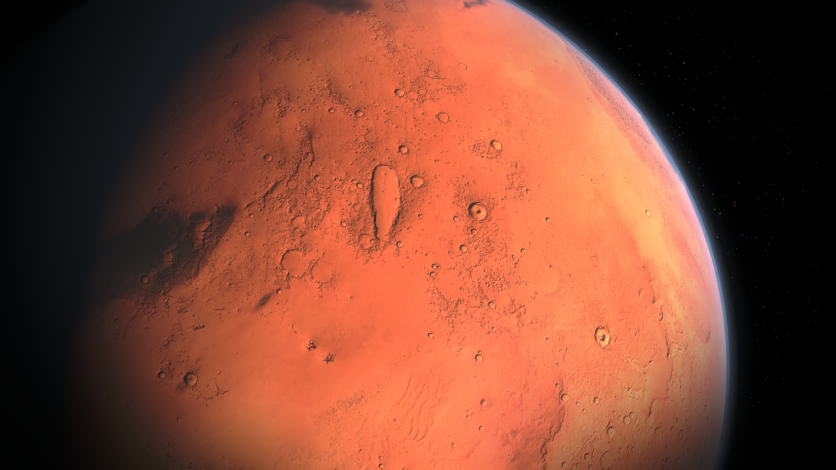The trip to Mars will be long and arduous for the National Aeronautics and Space Administration (NASA) astronauts, that's why the space agency is looking at possible solutions to help shorten travel time, and among the possibilities is using a nuclear-powered rocket.

Dangers of Prolonged Space Travel
According to CNN, the proposal to use a nuclear-powered rocket comes from the company called Ultra Safe Nuclear Technologies (USNC-Tech), which is based in Seattle, Washington, United States.
The company proposed using nuclear thermal propulsion (NTP) engine to bring humans to Mars, which NASA is planning to achieve by 2035.
With the technologies available now, the fastest trip to Mars of an unmanned spacecraft is seven months, but the news outlet said it would take around nine months for a crewed mission to reach the Martian soil.
But according to Jeff Sheehy, chief engineer of NASA's Space Technology Mission Directorate, a trip from Earth to Mars and back to Earth would at least take three years.
Unfortunately, there has been past evidence linking dangerous side effects to the human body to prolonged space travel, so this could be incredibly hard and even perilous to the first brave astronauts who accept the mission.
Prolonged space travel would increase man's exposure to space radiation that could cause a variety of health problems, including radiation sickness and a lifetime risk of getting cancer, degenerative sickness, and more.
Furthermore, Mars itself is a hostile environment not suitable for human exploration, so the entire mission would be exceptionally hard.
"The longer you're out there, the more time there is for stuff to go wrong," Sheehy said.
Read also: Valentines BIG Space Roses: Students Sell These Bouquets to Fund Cosmic Ray Ballooning Program
Using an NTP System
So, to ease some of the burden, USNC-Tech proposed the idea.
According to the company's director of engineering, Michael Eades, the nuclear-powered rockets is two times more efficient and much more powerful than the chemical engines that we use today.
It means that this specific type of rocket would be able to travel faster and further, all the while burning less fuel.
"Nuclear technology will expand humanity's reach beyond low Earth orbit, and into deep space," Eades said.
An NTP system would use a nuclear reactor to generate enough heat from a uranium fuel, then the thermal energy would then heat a liquid propellant such as liquid hydrogen, which then expands into a gas and then shoots out of the back end that produces thrust and would propel the rocket forward.
With the system, astronauts can make a round trip to Mars in less than two years, which would reduce safety and health risks.
Solving a Challenge
Besides opening the solar system to Earth, Eades even said that the technology could open up opportunities for galactic business.
But one of the challenges of building an NTP system is finding a uranium fuel that could endure the extremely high temperatures within the nuclear thermal engine, but USNC-Tech said they have solved the problem.
They have created a fuel that could operate to temperatures reaching 2,700 degrees Kelvin (4,400 degrees Fahrenheit) and also contains silicon carbide that prevents radioactive products from leaking, protecting the astronauts.
This article is owned by Tech Times
Written by: Nhx Tingson
ⓒ 2026 TECHTIMES.com All rights reserved. Do not reproduce without permission.




